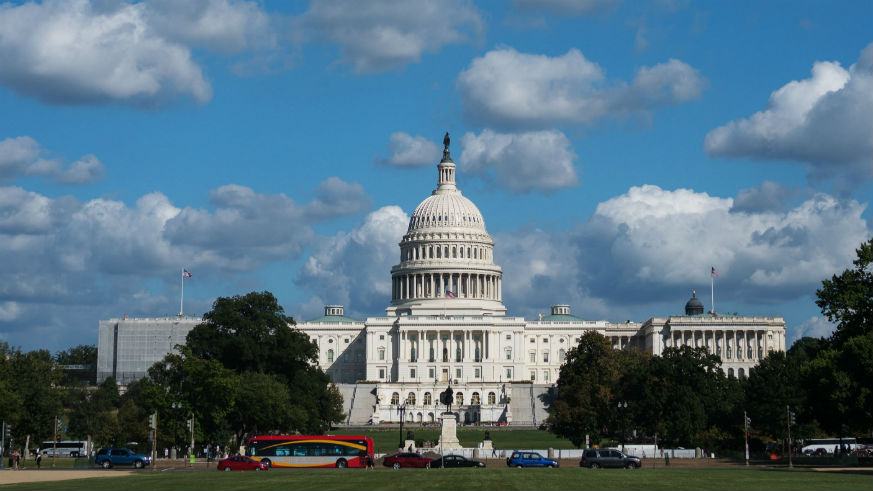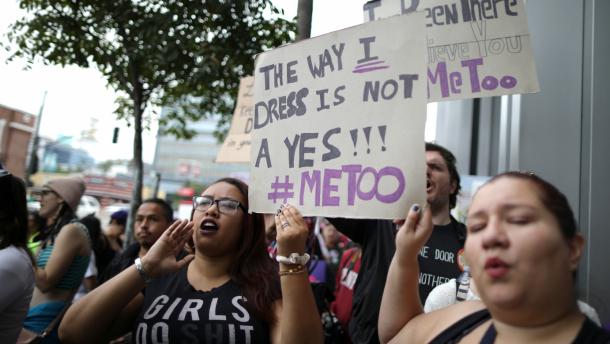Some female Democratic members of Congress, including House Speaker Nancy Pelosi, plan to wear black to President Trump’s State of the Union address on Jan. 30 to protest sexual harassment.
The protest, which echoes the wardrobe blackout at last Sunday’s Golden Globes, is led by Rep. Jackie Speier (D-CA), who has taken a leading role in speaking out against sexual misconduct on Capitol Hill and started the #MeTooCongress hashtag. “This is a culture change that is sweeping the country and Congress is embracing it,” she said in a statement.
On Twitter, Speier called for men and women of both political parties to participate. “My colleagues and I in the @HouseDemWomen are calling on our fellow MoCs – women & men, Democrats & Republicans – to wear black to this year’s #SOTU in solidarity w/survivors of sexual harassment/violence in Hollywood, politics, the military, academia, etc. #TIMESUP #MeToo,” she wrote on Wednesday.
My colleagues and I in the @HouseDemWomen are calling on our fellow MoCs – women & men, Democrats & Republicans – to wear black to this year’s #SOTU in solidarity w/survivors of sexual harassment/violence in Hollywood, politics, the military, academia, etc. #TIMESUP #MeToo
— Jackie Speier (@RepSpeier) January 10, 2018
Speier tagged the post #TIMESUP, to recognize the legal defense fund for victims of sexual harassment and workplace equality. It is supported by a group of 300 prominent women working in Hollywood, including Reese Witherspoon, America Ferrera and Shonda Rhimes.
“We are supporting the brave women in every industry and every corner of the country who are making their voices heard,” said Pelosi in a statement. “We are at a watershed moment in the nationwide fight against sexual harassment and discrimination, and we must continue to keep up the drumbeat of action for real change.”
Pelosi and Speier are members of the House Democratic Working Group, which is chaired by Rep. Lois Frankel (D-Fla). Members of the group wore white to Trump’s first address to a joint session of Congress last February to commemorate female suffrage and rebuke Trump’s treatment of women.
In recent months, male politicians on both sides of the aisle have been forced to resign or have said they will not run for re-election amid charges of sexual misconduct, including Al Franken, John Conyers, Blake Farenthold and Ruben Kiuhen.
President Trump has been accused of sexual harassment and misconduct by more than a dozen women, with some charges dating back decades. A lawsuit filed by a former Apprentice contestant is being considered by the New York State Supreme Court. Trump has said that the accusations are “100% fabricated and made-up charges.”
Last year, Speier revealed that she had been sexually harassed early in her career as a Capitol Hill staffer, when a senior aide “held my face, kissed me, and stuck his tongue in my mouth.” She has led the push for a crackdown on sexual harassment in Congress going forward. “We say we have zero tolerance for that, but what does zero tolerance mean,” she told Time last November. “They’re meaningless words if you’re not willing to say, ‘We’re not going to allow this to go on here.’ ”

























